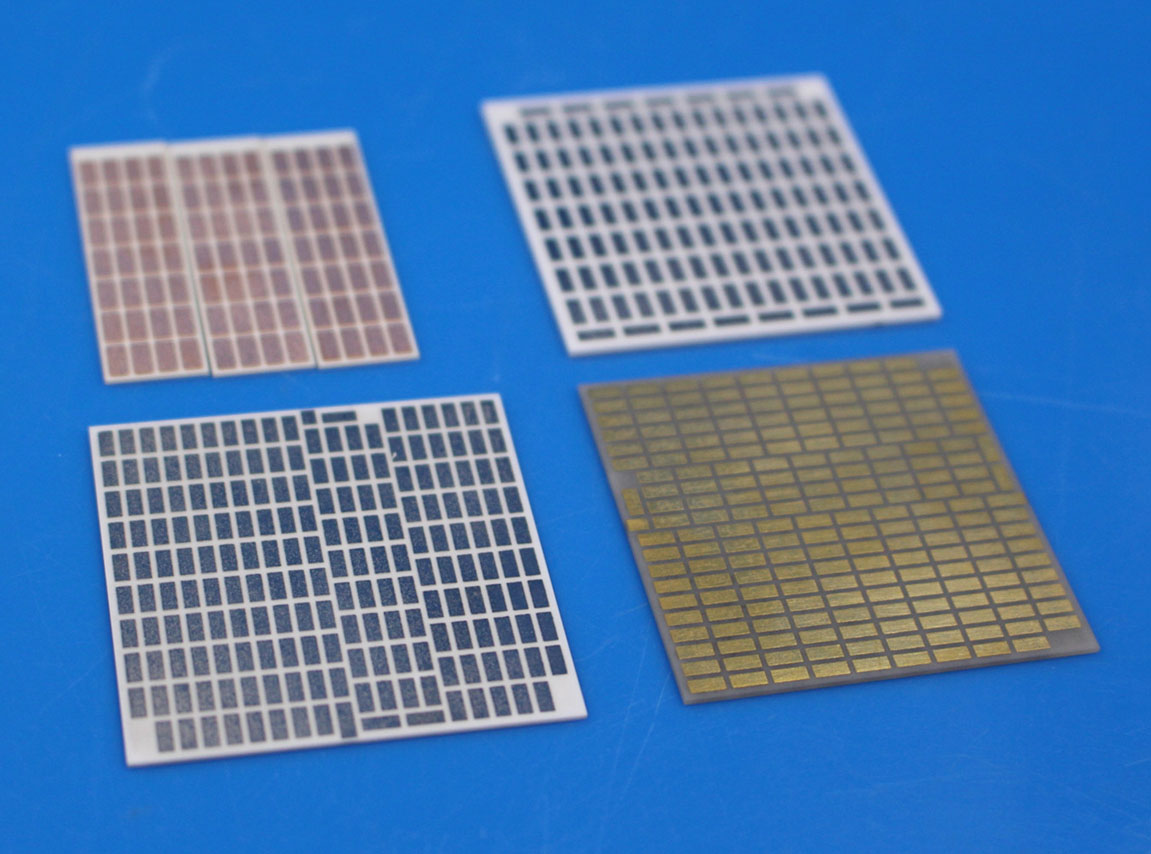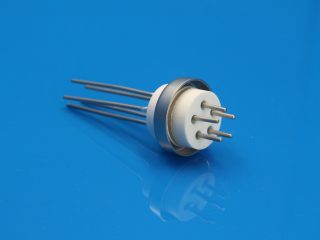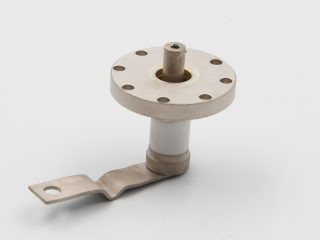
While we often associate electroplating with metal products, the process also works with some non-metallic materials, such as ceramics. Manufacturers often choose to electroplate a coating of metal onto a ceramic substrate for the same reasons as metal-on-metal applications — increasing corrosion resistance, strengthening the product, conducting electricity, and enhancing appearance.
Upon applying the base coat such as Mo/Mn, W, the ceramic substrate is ready for electroplating with metals such as:
Gold: Gold is one of the most non-reactive metals — it is unaffected by heat or moisture, and it won’t oxidize. Gold is therefore a good electroplating choice for ceramics when corrosion protection is paramount. Of course, a gleaming gold finish can dramatically improve the appearance of a “dull” ceramic-based product. On the downside, gold is not as electrically conductive as many other metals.
Silver: Electroplating with silver is typically the best option for plating onto ceramics when increasing electrical conductivity is the primary objective. Silver also offers high thermal conductivity and good corrosion protection. Silver does tarnish easily, so a silver-plated ceramic product will require frequent cleaning and polishing to retain its luster.
Copper: Copper is renowned for its exceptional ability to conduct electricity. Copper electroplating is therefore an excellent choice for ceramic-based electronic circuits. Copper is also a soft, malleable metal — the added flexibility is beneficial when working with delicate ceramic materials. It is one of the most inexpensive metals, which is an essential consideration for companies looking to minimize manufacturing expenses.
Nickel: Nickel electroplating will increase a ceramic substrate’s corrosion resistance and strengthen the material — it provides extra protection against wear and tear. Nickel also produces a shiny appearance that closely resembles chrome, but without the toxicity that occurs when working with hexavalent chromium.
If your manufacturing processes involve working with ceramics, INNOVACERA can provide a customized metallized ceramic that will add value to your products. We’ve provided reliable, cost-effective metal finishing solutions to companies like yours for more than 10 years. Contact us to learn more today.




 Enquiry
Enquiry